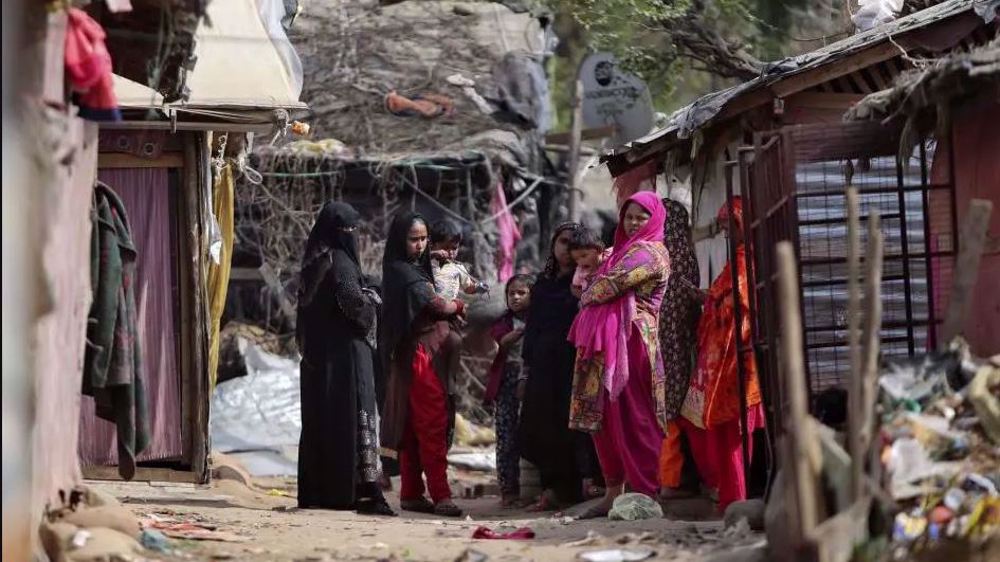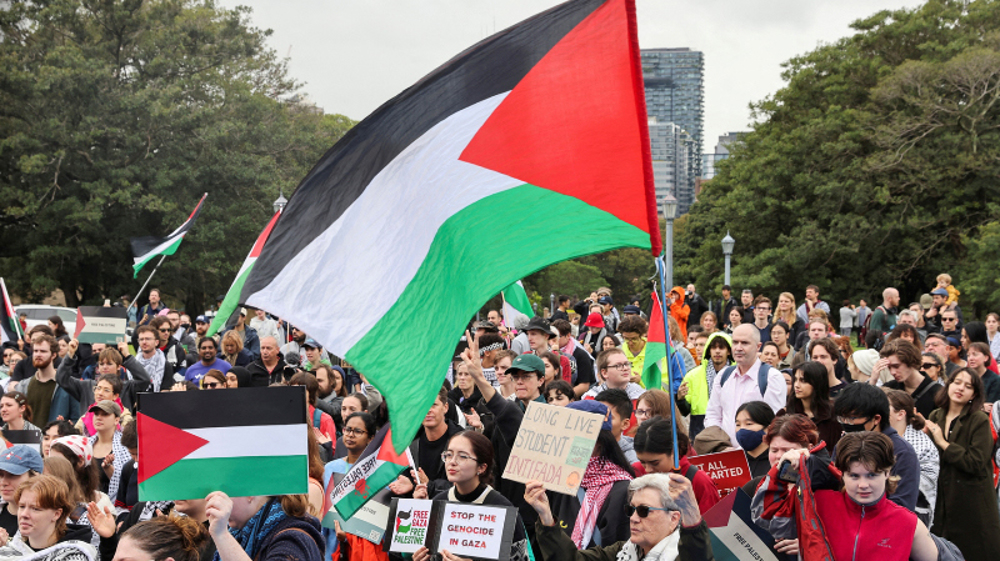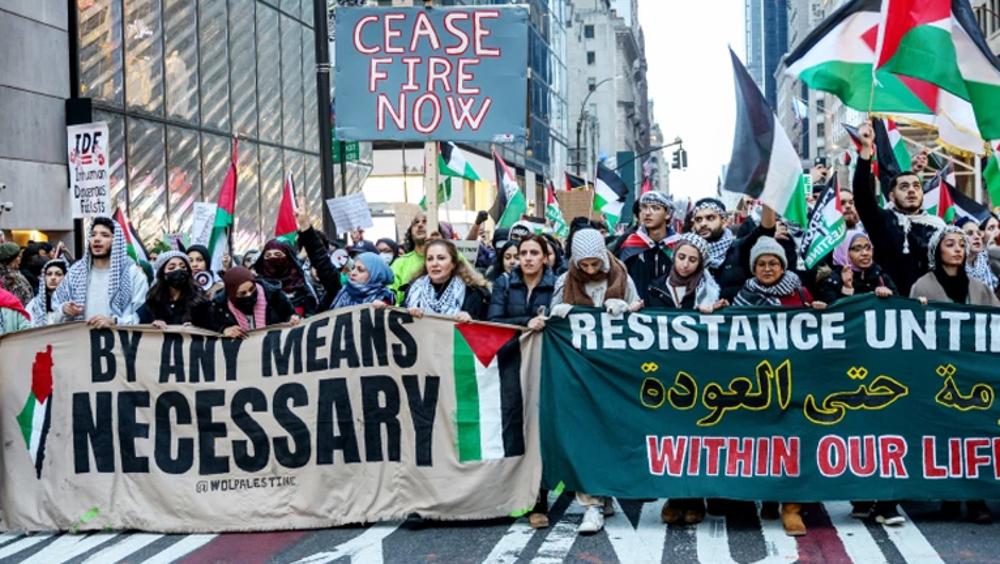Search for new leader as Scotland FM resigns
Saeed Pourreza
PRESS TV, London
We're used to the revolving door of Westminster politics with Prime Ministers coming and going at dizzying speed. North of the border things have been much more stable for many years---until this week.
Speculation is rife about why she quit, such as the impact of the pandemic, and the UK’s top court ruling last year against the Scottish government's ability to hold a second independence referendum without approval from the British Parliament.
Sturgeon's resignation has also raised the important question of what will happen to Scotland's independence aspirations in her absence from frontline politics---after all she was the architect of the referendum in 2014, and has pushed for a second one since the first didn't get a majority vote.
With that in mind, a lot will depend on who emerges as a leader of Sturgeon's Scottish Nationalist Party.
Successive Conservative governments here in England have said the 2014 referendum was a once-in-a-generation decision and could not be repeated any time soon.
In response Sturgeon said she'd turn the next general elections into a de facto referendum to ramp up pressure on London to grant another vote. But without her in the lead, it is now up to her successor, to deliver what she promised.
‘All wars have rules. All of those rules have been broken’ by Israel
VIDEO | Report flags India’s violation of rights of Rohingya detainees
Turkey's foreign minister meets Syria's de facto leader in Damascus
'Next to impossible' to rescue patients from Gaza's Kamal Adwan Hospital: Director
VIDEO | Vietnam current prosperity
Report blames gasoil exports for shortage at Iranian power plants
VIDEO | Hind Rajab Foundation names Israeli war criminals vacationing after Gaza genocide
VIDEO | Australians rally for Gaza ahead of Christmas festivities









 This makes it easy to access the Press TV website
This makes it easy to access the Press TV website